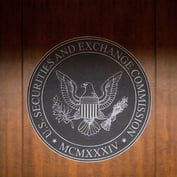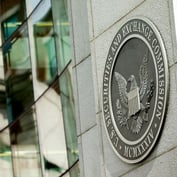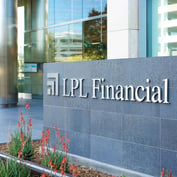What You Need to Know
- David Lee Parrish was one of two pastors charged with running a $33 million Ponzi scheme.
- The Church for the Healthy Self held no religious services but ran an investment program promising 12% returns.
- The SEC barred Parrish from the industry. He pleaded guilty to conspiracy in 2020 and is in prison.
The Securities and Exchange Commission on Friday barred one of two California pastors who had been charged in 2019 with operating a $33 million Ponzi scheme.
As part of an agreement, David Lee Parrish, 50, can no longer associate with any broker, dealer, advisor, municipal securities dealer, municipal advisor, transfer agent, or nationally recognized statistical rating organization, and also can’t participate in any offering of a penny stock ever again, according to an SEC order filed on Friday.
In 2019, the SEC announced fraud charges and an asset freeze against Parrish and Kent R.E. Whitney, founder of a fake church called The Church for the Healthy Self.
As part of their Ponzi scheme, they promised high annual returns with minimal to no risk to investors in the Vietnamese community of Orange County, California, according to the SEC.
Whitney founded the phony church three months after being released from federal prison for orchestrating a prior investment scheme involving commodities, the SEC said in 2019.
Undeterred by prison, Whitney established a church to defraud more investors after he was released in 2014, according to the SEC. Shortly thereafter, he became an ordained minister through an online program. A month later, he formed The Church for the Healthy Self, purportedly as a nonprofit, religious organization.









 September 30, 2022 at 04:04 PM
September 30, 2022 at 04:04 PM







